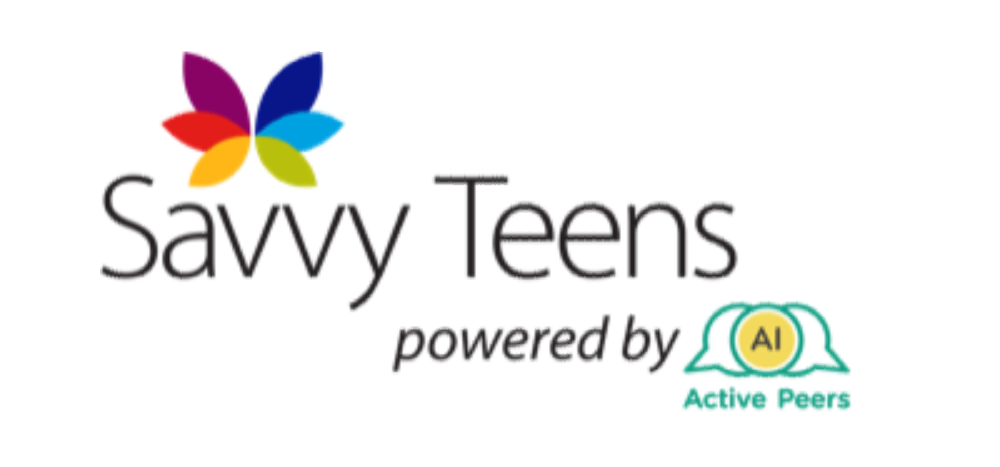Developing Communication Skills
A person might be very competent in a certain skill, but it requires a different talent to be able to communicate how they've developed that skill and more importantly, how the person they're talking to can improve. Through practising how to understand where another person is coming from, break down how to improve a skill into tangible ideas and answer questions along the way is a super way to build communication skills. Active Peers AI has the tech and process to develop these skills in any group.
01
Let's set the scene:

We've run our tech and process for many, many groups of teenagers participating in work experiences at professional services firms.
02
Feature 1: AI Matching
We run the matching algorithm based on a selection of experiences that all teenagers share including overcoming problems, study skills, teamwork and finding out information about careers. We match them into pairs to give them some experience of sharing their own knowledge in the workplace, an early introduction to consulting, coaching, managing and helping clients as well as highlighting that everybody has a voice that is worth listening to, independent of age.

03
Feature 2: Peer Learning Prompter & Reporting

Communication skills are made up of different strands. Discerning another person's perspective, asking effective questions, offering helpful answers, active listening, building rapport and using a playbook that can successfully reverse engineer a successful learning interaction all form part of that. Our Peer Learning Prompter and carefully designed Feedback form deliver this for each and every participant.
04
Results
From a sample set of 94 participants who each generated two insights from their conversations and shared five pieces of feedback about their experience, the noted the impact of the match as 4.38/5, the helpfulness of the Peer Learning Promoter as 4.28/5 and 4.44/5 as the overall usefulness of the activity.
However, the real result of this activity are the answers to the questions we get when we ask what they're going to do differently.
As you can see here, the individual participants organically identified how they can develop those skills in the next interaction and then have the opportunity to practise. In essence, our tech and process empower our participants to self-diagnose, develop an organic interest in growing their own ability and then subsequently practise their own communication skills.


